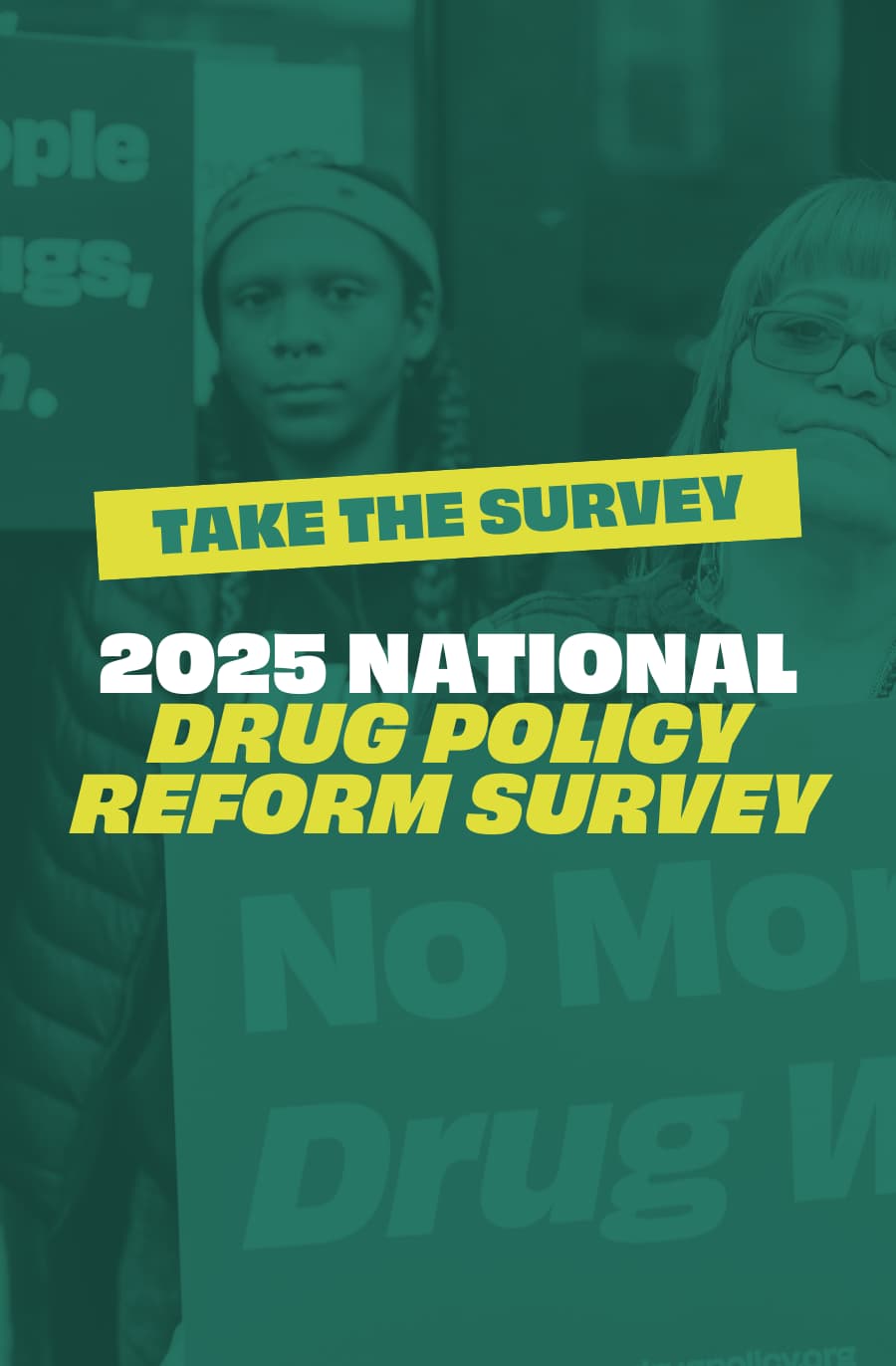
Simeon Gant at (916) 202-1636
SACRAMENTO – The California Assembly will debate Assembly Bill 125 in the Assembly Public Safety Committee on Tuesday, March 15th. The hearing will take place at the California State Capitol, Room 126, beginning at 9:00am. The controversial bill, authored by Assemblyman Mervyn Dymally, will eliminate the disparity in punishment for possession with intent to sell “crack” cocaine and the same crime involving powder cocaine.
Assemblyman Dymally, who became the first African American Lt. Governor to California in 1975, fought to end disparities in sentence guidelines between “crack” cocaine and powder cocaine while serving in the United States Congress. In his continued effort to acknowledge the result of these disparities he argues, “We cannot stand by and allow laws to impact a particular race harsher than others even though the offense of the crime is the same. This particular cocaine law sends African Americans to jail longer than any other race and regardless of its original intent is not only draconian but discriminatory and blatantly racist.”
Joining Mr. Dymally at the March 15th hearing in support of AB 125 will be Retired Judge Ladoris Cordell, Reverend Peter Laarman – Executive Director of Progressive Christians Uniting, representatives from the Drug Policy Alliance, NAACP, ACLU and the Coalition for Effective Public Safety.
Approximately 2,100 California residents in 2000 and 2001 were convicted for the offense of possession with intent to sell crack cocaine. California pays nearly $31,000 a year to incarcerate an inmate. If passed AB 125 could save the state over $65 million in incarceration costs.
Current California state law requires a judge to sentence anyone possessing ‘crack’ cocaine for sale to 3 to 5 years in prison. This is a more severe penalty than for the same crime involving powder cocaine, which yields a 2 to 4 year sentence. As the vast majority of convictions for the crack-related offenses fall on African Americans, the result is longer sentences for Blacks than for other groups committing substantively similar crimes.
Statistics from the state Attorney General’s Office show that African Americans make up the vast majority of convictions for possession of cocaine base-the smokeable form commonly referred to as ‘crack.’ Although Blacks account for 6.4% of the state population, statistics show they made up 71.20% of those convicted of possession for sale in 2003; whites made up 4.43% of convictions.
Glenn Backes, Director of Health Policy at the Drug Policy Alliance says, “We strongly support the work of Assembly Member Dymally in advancing AB 125. The bill addresses an egregious wrong to the people of California, especially to those families that have been forced to suffer the injustice of racially disparate sentencing.”


Notifications